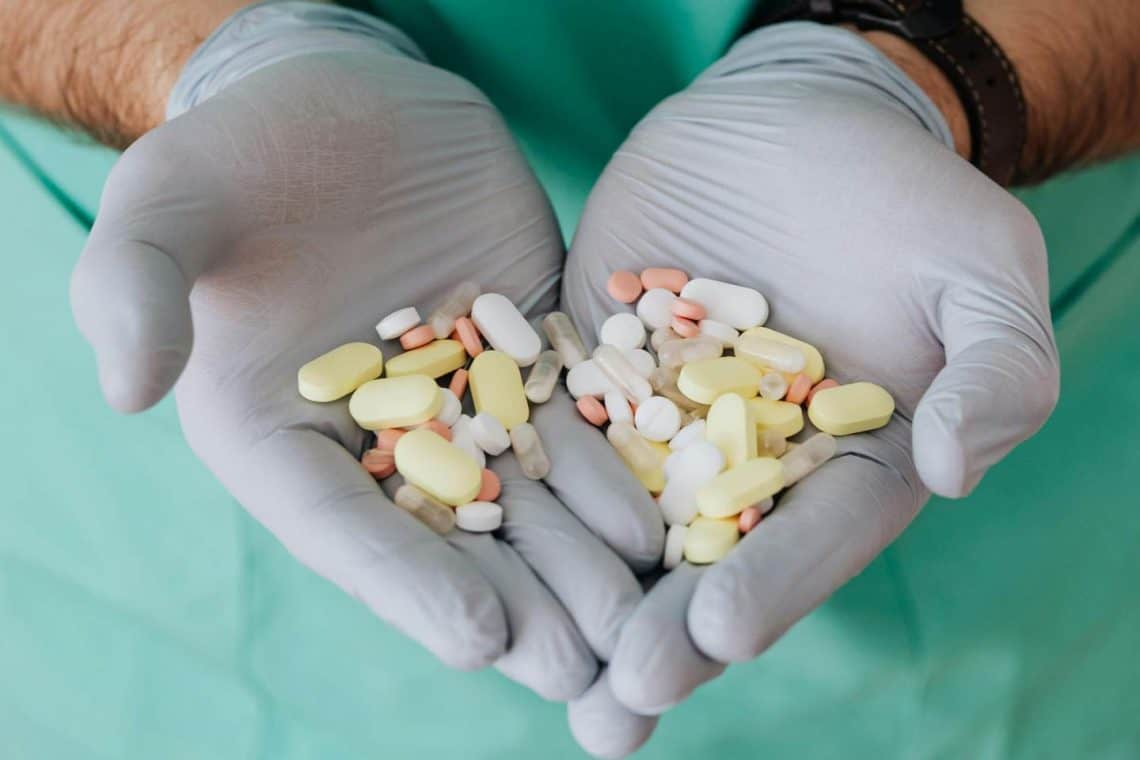In a dramatic crackdown shaking South Africa’s healthcare and border security sectors, two medical professionals were arrested in Midrand with a vehicle loaded with stolen public health medications valued at over R1 million. The incident, which occurred on October 9, 2025, highlights the growing issue of cross-border smuggling and theft from Gauteng’s strained public hospitals and clinics. The bust has reignited debates on migrant oversight, xenophobia, and global parallels in border security challenges.
The Midrand Bust: What Happened?
The arrests occurred during a routine patrol in Midrand, a busy suburb north of Johannesburg. South African Police Service (SAPS) officers, alongside a private security firm, intercepted a suspicious light delivery vehicle. Upon inspection, authorities discovered boxes of assorted medications, including antibiotics, antiretrovirals, and other essential drugs believed to have been looted from public health facilities in Gauteng province. The suspects, aged 35 and 42, were medical practitioners, raising questions about how healthcare professionals could engage in such illicit activities. Reports indicate the medications were intended for resale across borders amid shortages in neighboring regions.
Eyewitnesses described a tense scene as police secured the area and unloaded the haul, which filled the entire vehicle bed. The value of the seized items, estimated at R1.2 million, represents a major loss for South Africa’s already overburdened public health system, which serves millions of low-income residents. The theft deprives local patients of vital treatments and worsens supply chain strains amid ongoing budget cuts. Similar busts have been reported in recent months, including a bus intercepted with stolen medications en route to the border.
SAPS Response and Investigation
SAPS spokesperson Brigadier Vish Naidoo confirmed the arrests, emphasizing the force’s commitment to combating theft from essential services. “The suspects could not provide a satisfactory explanation for possessing these medications, which bear markings from Gauteng Department of Health facilities,” Naidoo stated. The two men were charged with possession of suspected stolen property and are scheduled to appear in Alexandra Magistrate’s Court. Investigations are ongoing to determine if they are part of a larger network involving insiders at hospitals or border smugglers.
Intelligence from community tips and surveillance led to the interception, underscoring SAPS’s intensified efforts under Operation Shanela, a nationwide initiative targeting high-crime areas and illicit goods trafficking. Authorities are also probing potential links to organized crime networks exploiting porous borders. The recovered drugs have been handed over to health officials for verification and possible redistribution, though concerns about tampering remain.
Security Concerns vs. Xenophobia
The bust has sparked debate online and in public forums. Some see it as evidence of a border security issue driven by cross-border smuggling. Critics argue that lax oversight allows criminal elements to infiltrate, stealing resources intended for local patients.
Others warn against fueling xenophobic sentiments. South Africa has a history of violent outbreaks targeting migrants, and advocacy groups emphasize that framing all outsiders as criminals perpetuates harmful stereotypes. Experts suggest the root causes lie in economic collapse and regional instability, calling for bilateral cooperation rather than assigning blame. The discussion highlights the delicate balance between security and social cohesion.
Global Parallels: Border Smuggling Challenges
The Midrand incident mirrors global smuggling dynamics where economic disparities drive illegal crossings and contraband trade. Borders worldwide often see porous sections exploited by criminal networks, whether transporting people, drugs, or other goods. Stricter controls can push smugglers to riskier routes and higher fees, creating a recurring challenge for authorities. These parallels emphasize the need for collaborative international solutions over isolationist policies.
Health Supply Chain Security Concerns
At a broader level, the stolen medications highlight vulnerabilities in health supply chains across Africa. Global pharmaceutical suppliers provide essential drugs, but counterfeit products remain a significant risk. In some cases, stolen legitimate medications are replaced with fakes, further straining healthcare systems. International partnerships and traceability technology aim to secure supplies, but incidents like Midrand underscore the need for improved oversight to ensure access to safe and effective treatments.
Looking Ahead: Solutions and Implications
As the arrested medics await trial, the incident highlights the importance of strengthened border controls, anti-theft measures in healthcare, and balanced immigration policies. Global lessons from similar challenges worldwide offer pathways forward, emphasizing cooperation over conflict. Addressing root causes like economic inequality will be crucial to preventing future incidents and fostering regional stability.
